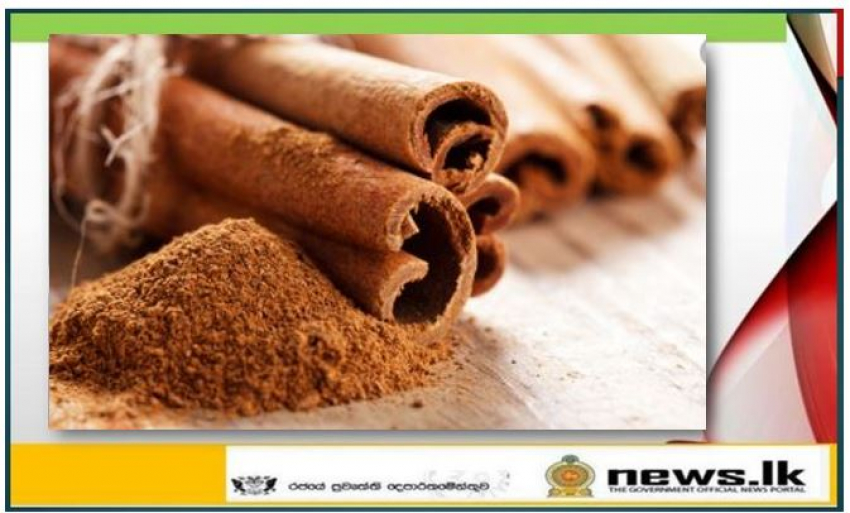Accordingly, Sri Lankan exporters, who had difficulties until now in exporting Sri Lankan Cinnamon in bark form to Brazil, can export the product by furnishing the necessary phytosanitary certificate issued by the National Plant Quarantine Service office in Sri Lanka.
As per Brazilian Customs classification and the plant health requirements, Sri Lanka Cinnamon in bark form is listed under wood and its products category due to the nature of the product. In order to facilitate entry of Sri Lankan Cinnamon to Brazilian market, the Embassy of Sri Lanka in Brasilia, has been actively engaging with the Ministry of Agriculture, Livestock and Food Supply in Brazil, known as MAPA and the Export Development Board and National Plant Quarantine Service office in Sri Lanka, over a year, to finalise the Certification Process for Sri Lankan Cinnamon.
Cinnamon has a promising market opportunity in Brazil since the product is popular in Brazilian cuisine, beverages and confectioneries. The Cinnamon imports to Brazil grew from 18% during 2017-2018 but slightly decreased in 2019 as compared to 2018. The total Cinnamon imported by Brazil in 2019 from the world is over 2300 Tons with the value of 7.74 Mn USD. In the total cinnamon import of Brazil , Sri Lanka represented on a very small amount in 2015 and thereafter no recorded export of Cinnamon has taken place directly to the country in recent years. Being the key exporter of Cinnamon, Indonesia supplies nearly 75% of total cinnamon to Brazil.
Sri Lanka Cinnamon exporters can claim 5% duty preference, under the GSTP Agreement from Brazil and therefore the companies that interested in exporting cinnamon, in bark form, can consult with the Department of Commerce to receive GSTP certificate. The prospective exporters also need to consult with the National Plant Quarantine Service office in Sri Lanka to obtain necessary certification document. The National Plant Quarantine Service, upon testing a representative cinnamon samples drawn from the consignment, would issue a Certificate verifying that the consignment is free from injurious insects, bacteria, nematodes and fungi and the consignment is subjected to fumigation using Methyl Bromide at 48g/m3 (above 210C). Further, the information on phytosanitary treatment performed would be inserted in the appropriate field of the Phytosanitary Certificate, confirming that the dosage of Bromide used is associated with room temperature at the time of application.
The Embassy aims at promoting and diversifying Sri Lankan exports to the Brazilian and Latin American market, with the support of the EDB and Department of Commerce, and prospective exporters can contact the Trade Section of the Embassy by email This email address is being protected from spambots. You need JavaScript enabled to view it.





















